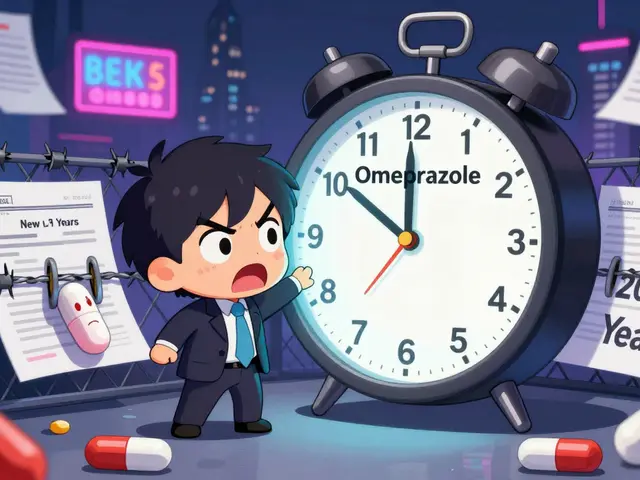Osteoporosis: What You Need to Know About Protecting Your Bones
Osteoporosis is a condition that weakens your bones, making them fragile and more likely to break. It’s often called a "silent disease" because bone loss happens without symptoms until a fracture occurs. If you've ever worried about your risk for broken bones, especially as you get older, this article will help you understand the basics and how to take action.
Why Does Osteoporosis Happen?
Our bones are constantly renewing themselves, breaking down old bone and building new bone. As we age, this balance can tilt toward breakdown, leading to less dense and weaker bones. Women after menopause are at particularly high risk due to lower estrogen levels, which protect bone density. But men aren’t immune — lifestyle, diet, and genetics all play a role.
Common risk factors include smoking, heavy alcohol use, a family history of osteoporosis, and low calcium or vitamin D intake. Sometimes certain medications or medical conditions also contribute. It’s smart to know your risk and get a bone density test if you’re over 50 or have reasons to be concerned.
How Can You Protect Your Bones?
Building strong bones isn't just about calcium pills. It’s a mix of good habits and sometimes medical treatments. Regular weight-bearing exercise, like walking or light weight training, helps your bones stay strong by encouraging new growth. Aim for at least 30 minutes a day most days of the week.
Eating foods rich in calcium and vitamin D is crucial—think dairy products, leafy greens, and fortified foods. Vitamin D helps your body absorb calcium, and a few minutes of sunlight daily can boost your levels naturally. If you can’t get enough from food and sun, supplements might be necessary, but check with your doctor first.
If osteoporosis is diagnosed, medications like bisphosphonates or hormone therapy might be recommended to slow bone loss and reduce fracture risk. It’s important to follow your doctor's advice and attend regular check-ups to monitor your progress.
Finally, preventing falls can save you from breaks. Simple home safety checks, balance exercises, and proper footwear all reduce the chance of injury. Remember, strong bones combined with smart habits can keep you moving confidently and comfortably for years to come.
Bromocriptine and Bone Health: What You Should Really Know

Bromocriptine is often prescribed for conditions like Parkinson's disease and hormonal issues, but its impact on bone health isn't talked about much. This article looks into how bromocriptine affects your bones, especially if you use it long term. You'll find practical tips, facts, and what studies really show about keeping your bones strong while taking this medication. If you're worried about osteoporosis or simply curious, here's what you need to know. The info is straightforward and focused on real-life concerns.
read more



